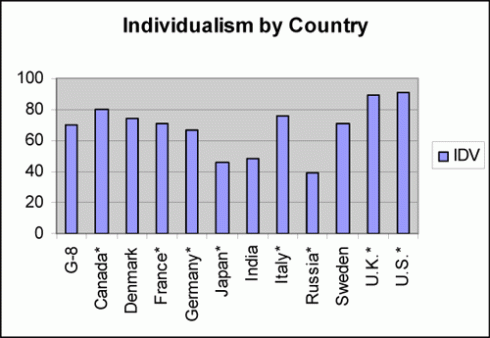Pre-negotiation
Brazilians value making connections and establishing personal relationships prior to doing business. Also, when it comes to scheduling a business meeting, it is acceptable to call, email, or leave messages until someone contacts you back.
The Negotiation
Similar to China, Brazilians can be very indirect when doing business. They will rarely say no, so as to save face and relationships with their business partners. Aside from Sao Paulo, Brazilians like to do business at a rather slow pace. This slow pace can draw out the length of a negotiation considerably. While negotiating, Brazilians readily express their emotions. Often times, display of emotions during a business meeting can affect the outcome of a negotiation.
Closing the Deal
Although it is acceptable to show emotion while negotiating in Brazil, you should avoid showing disappointment or frustration if a negotiation does not go exactly as you wanted it to. Showing your disappointment may jeopardize the relationship. When a negotiation has been reached, Brazilians like to shake hands to confirm the deal. Following a handshake, it is important to stick around for a bit and make small talk to establish and even stronger personal relationship.
Pitfalls and Problems
There can be many possible pitfalls and problems with cross culture negotiation. One major potential problem is the pace of cultures. If one culture likes to work fast and get in and get out while the other culture likes to take their time and shoot the breeze a little bit, the faster-paced culture may rush to a deal quicker than they would like and lose out. Directness versus indirectness could also be a huge pitfall. It could be difficult to arrive at a negotiation for two cultures on opposite sides of this spectrum. Language, of course, is an obvious potential problem. It is important to bring a translator or to make sure both sides can speak the same language when negotiating. The list of possible pitfalls and problems could go on and on, ranging from major to minor problems.
Leader’s Standpoint
A U.S. leader must make some adjustments if he or she wants to successfully negotiate in Brazil. First, I need to make sure I go into a negotiation ready for the long haul. Prior to the negotiation, it is necessary to talk to a Brazilian business person and get to know him. Ask about his family, his interests, and some of his favorite stories. While negotiating, it is important not to get frustrated if the pace is not as quick as you’d like. Do not hurry to close the deal as this may hurt your company’s chances of reaching the negotiation as planned. As a U.S. leader negotiating in Brazil it is acceptable to be enthusiastic. Express what you’re feeling and use plenty of gestures. This will only help your chances of persuading them into a better negotiation. Remember, though, do not show frustration at the end of a deal as this may lose the trust and hurt the relationship of a Brazilian. After closing the deal, it is vital to shake hands and continue to make small talk. Pick up on where you left before the negotiation and even ask your Brazilian business partners out for a drink or a meal.







